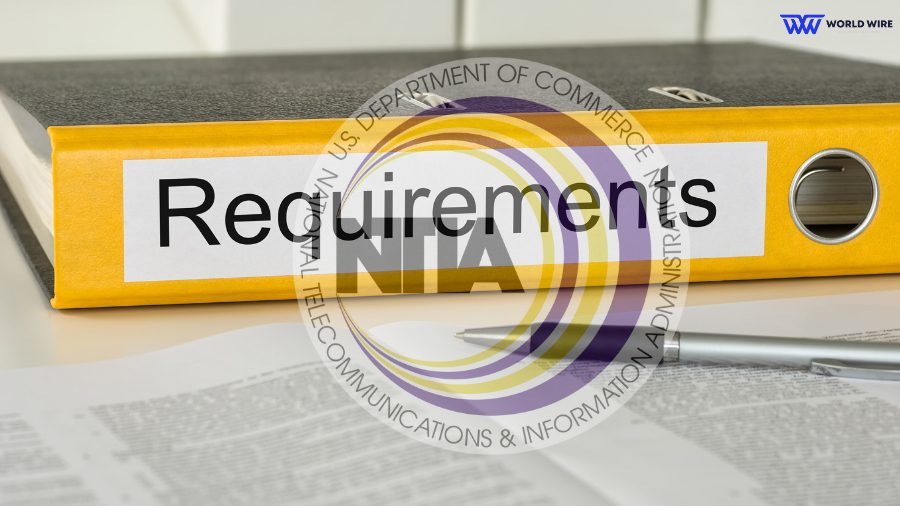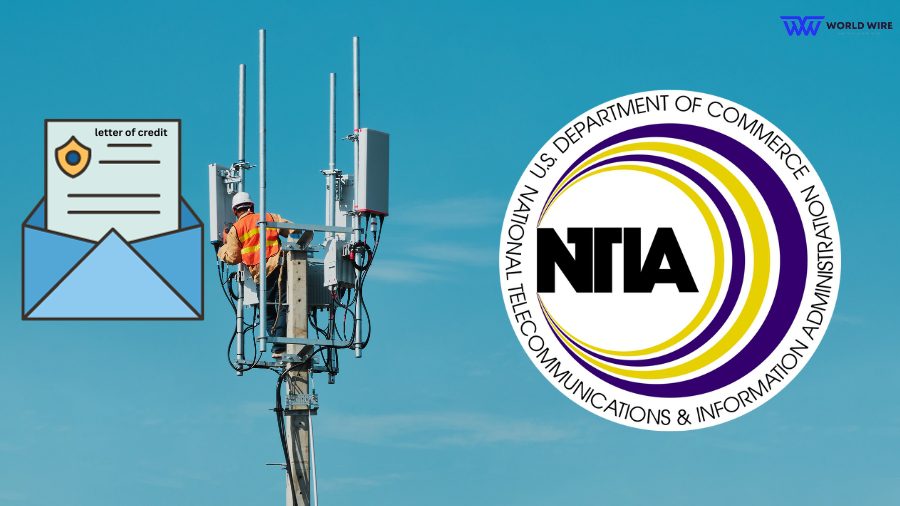The National Telecommunications and Information Administration (NTIA) has announced that it will reduce the letter of credit (LoC) requirements for the $42.5 billion BEAD rural broadband funding program.
Here is what you need to learn about NTIA’s recent initiative.
NTIA Loosens BEAD Letter of Credit Requirement
On Wednesday, the NTIA (National Telecommunications and Information Administration) announced that the BEAD program will no longer require a letter of credit (LoC).
The Broadband Equity Access and Deployment (BEAD) is a $42.5 billion initiative that provides federal funding to make grants to eligible entities or providers to improve access to reliable and high-speed broadband internet in underserved areas in the United States.
The NTIA’s decision to relax the Letter of Credit comes after small providers raised concerns about not being able to participate in the BEAD program and apply for funding based on old LoC requirements.
Previously, as per the original BEAD rules, subgrantees receiving state funds were required to provide a letter of credit for 25% of the total project amount.
This eligibility was a barrier for smaller broadband providers and community-based partnerships, which often have inadequate financial resources to provide large LoC and qualify for the federal fund.
The NTIA’s plan to reduce the LoC amount will allow more organizations to qualify for the fund. The initiative would also allow smaller broadband providers to compete with the larger providers through performance bonds and intermediate credit, which require less up-front money.
Many have praised the NTIA’s move to help small providers receive the funds by lowering the LoC.

WISPA (Wireless Internet Service Provider Association)’s Vice President of Policy Louis Peraertz has said, “This waiver will help smaller players embrace the opportunities within BEAD to reach our un- and underserved farms, manufacturers and service centers, isolated and sparsely populated communities, Tribal areas, and public institutions, among others.”
Peraertz asserted that NTIA’s initiative recognizes that smaller broadband providers have great experience serving America’s hardest-to-reach communities.
Interestingly, despite many appeals, it has been the first time that the NTIA has agreed to the demands of modifying the rules of the BEAD program. Earlier, NTIA rejected the request of many states to provide more time to file challenges to locate data.
The agency had also refused to change its definition of ‘reliable’ broadband under the BEAD program.
Nonetheless, NTIA’s relief to Loc requirement for the BEAD program is a positive step that would provide equal opportunities to small and big providers to reduce the digital divide in the underserved communities of the country, allowing them to play a crucial role in achieving the goals of BEAD.
NTIA has also introduced many other news provisions regarding the BEAD letter of credit requirements, including issuing a conditional programmatic waiver of the LoC requirement to participate in the $42.5 billion BEAD program.
Providers can check NTIA’s notice of programmatic waiver for details on its official website soon.







Add Comment